It is possible to work out the average price for the sport footwear. These are presented in the bar chart below. Shoes for Tennis/Gym are imported for approximate €18 a pair. Those being imported from EU are more expensive than those originating from outside the EU. The import prices for EU products are also more expensive in the other two categories. Again, data limitation prevent further disaggregation.
There is more detailed data on all footwear imports. The pie chart below shows that the vast majority footwear Irish imports come from Great Britain or China (note: this data is for all footwear). Vietnam is included in Other Non-EU and accounts for 7% of the total. One wonders if Brexit will make a difference.
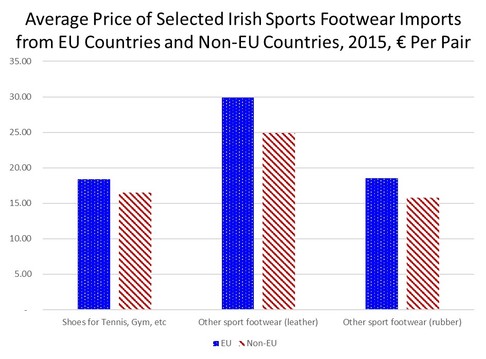
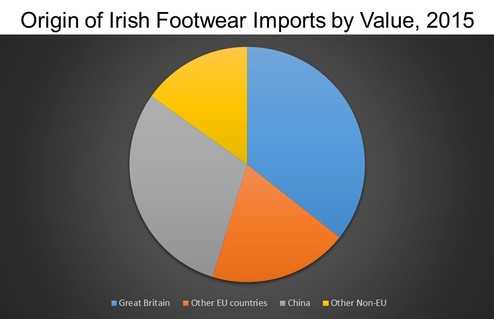
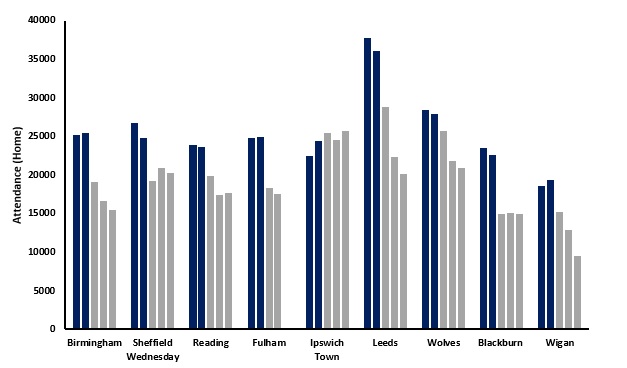


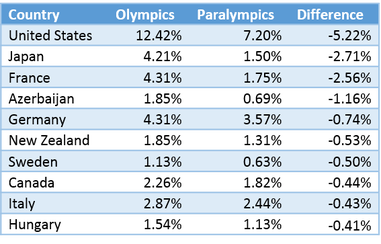
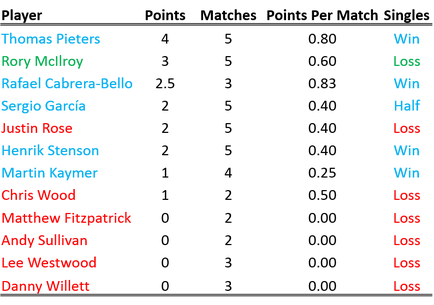
 RSS Feed
RSS Feed